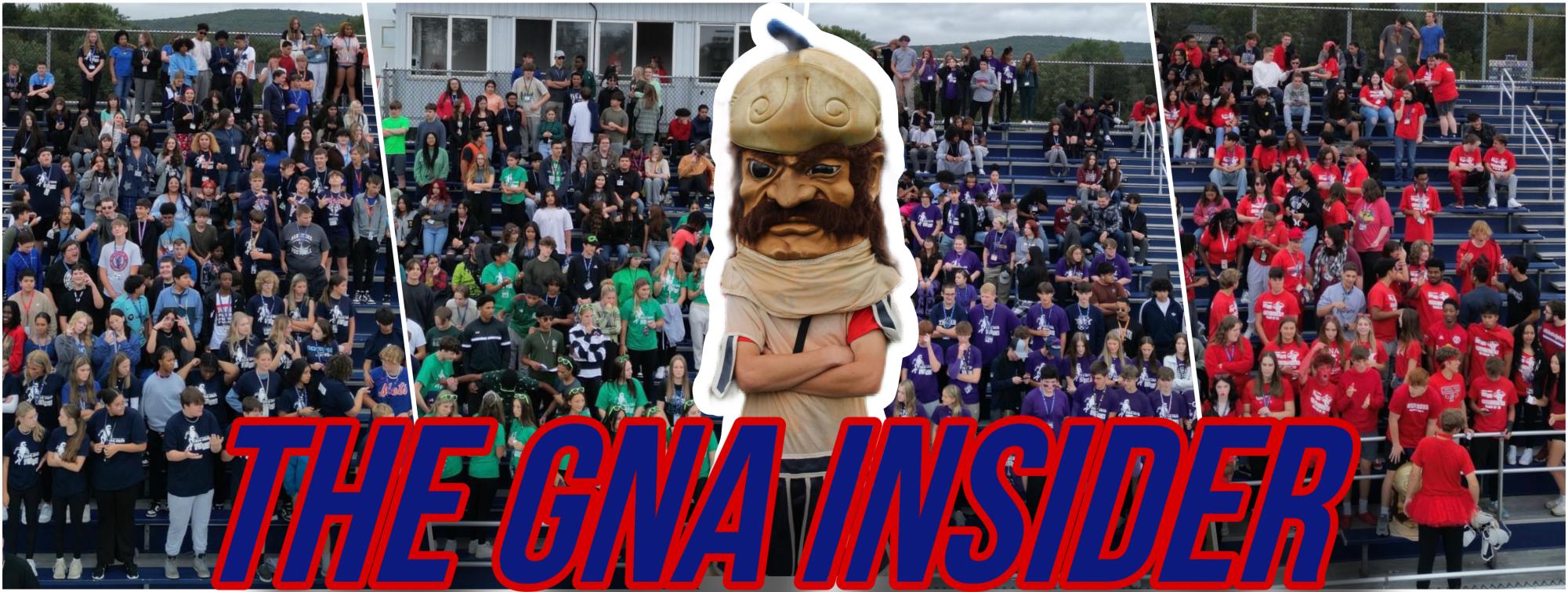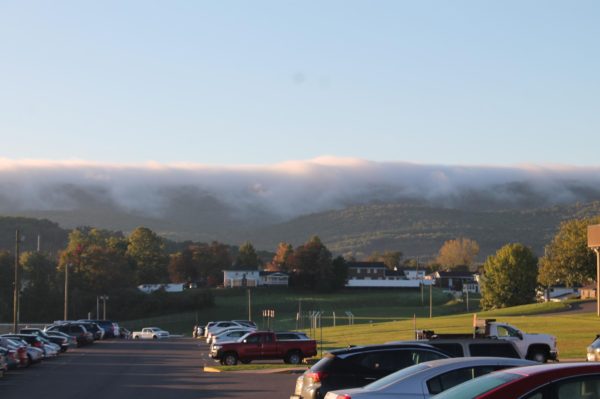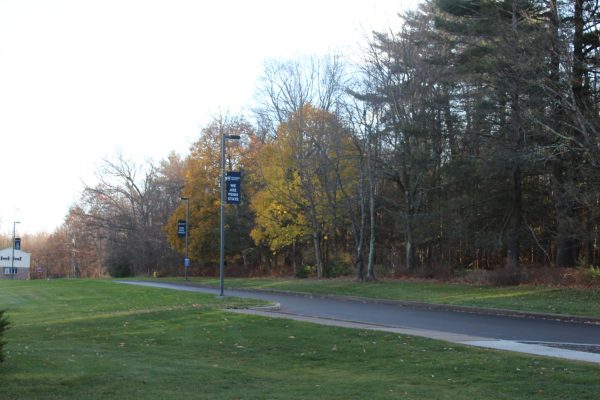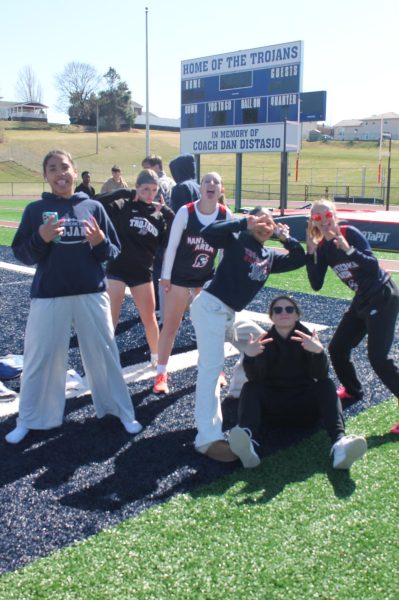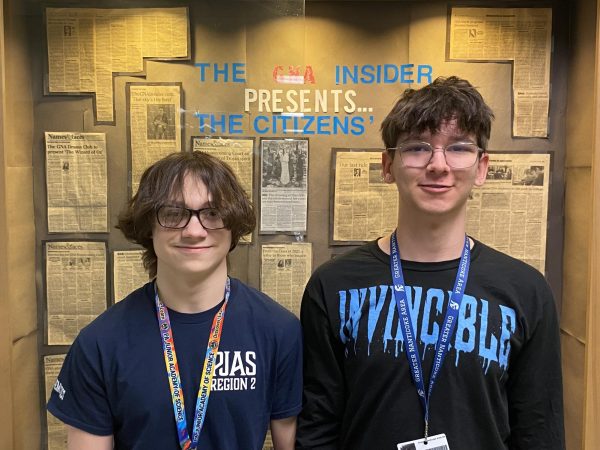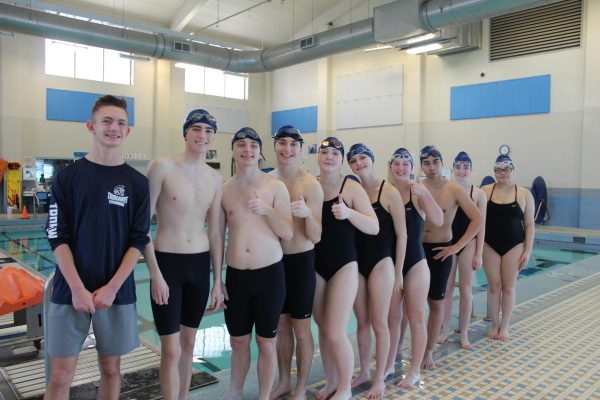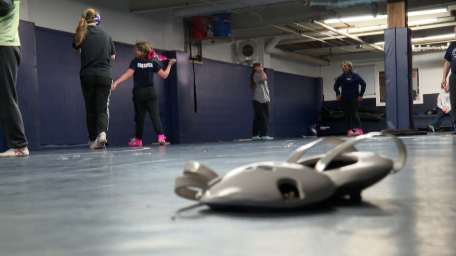The great debate
The debate over whether or not private schools should compete athletically with public schools has been a subject of concern for decades—one which has intensified as local leaders, athletes, and coaches start to act and raise awareness about the issue. Many recent events have caused outrage across the state. The Pennsylvania Interscholastic Athletics Association (P.I.A.A.) has said that due to a piece of legislation from 1972, the board of directors could not legally separate public and private schools.
Boundary schools have geographical boundaries. For example, GNA has school district boundaries which dictate that kids who live in Hanover Township can’t go here. Non-boundary schools, on the other hand—regional examples would include Holy Redeemer, Wyoming Seminary, and Scranton Prep—can educate students from anywhere in the surrounding area.
One of the main tipping points for administrators and communities alike was the issue around basketball star Diamond Johnson, who played almost a full season in her hometown in Virginia and was then recruited by Neumann-Goretti—a non-boundary school—after her season ended in Virginia. Johnson was deemed eligible in playoffs and contributed to Neumann-Goretti’s success on the court. This became a rallying cry for administrators, athletic directors, coaches, players, and communities from boundary schools.
PIAA officials responded with new rules regarding transfers. The transfer rule dictates that any athlete who transfers schools after the beginning of their sophomore year is ineligible to compete in district or PIAA playoffs in any sport they participated in the past year. A major question remains, however: will these new rules be enough? Administrators from public schools say no.
A group of over 200 administrators convened at a PIAA Playoff Equity Summit last July in order to discuss the issue of boundary (public) and non-boundary (private) schools playing in the same league. The consensus from the summit was that the best option to make playoffs fair would be to split boundary and non-boundary schools up. PIAA says that it would violate the law. The administrators who organized the summit, however, believe that PIAA is hiding behind a piece of legislation which doesn’t truly restrict their ability to separate the two types of schools. School administrators do not want to attack and scrutinize student-athletes from private schools. They just want to give students who most likely don’t have the opportunity to enroll in private schools a fair court to play on. This is an issue of equity which student-athletes from boundary schools deserve.
A member of the Pennsylvania House of Representatives from Centre County, Scott Conklin, is pushing for legislation to separate playoffs for boundary and non-boundary schools. Administrators and coaches from GNA are also interested in the separation of public and private school leagues. Greater Nanticoke Area has had multiple playoff runs ended by private schools in a variety of sports.
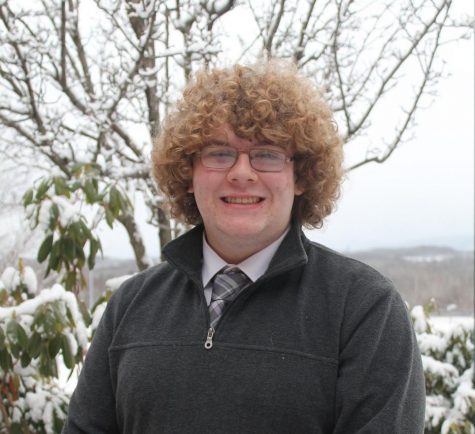
My name is EJ Gill. I am a member of the Class of 2019 at Greater Nanticoke Area High School.
I enjoy learning new things, being with friends, listening...


